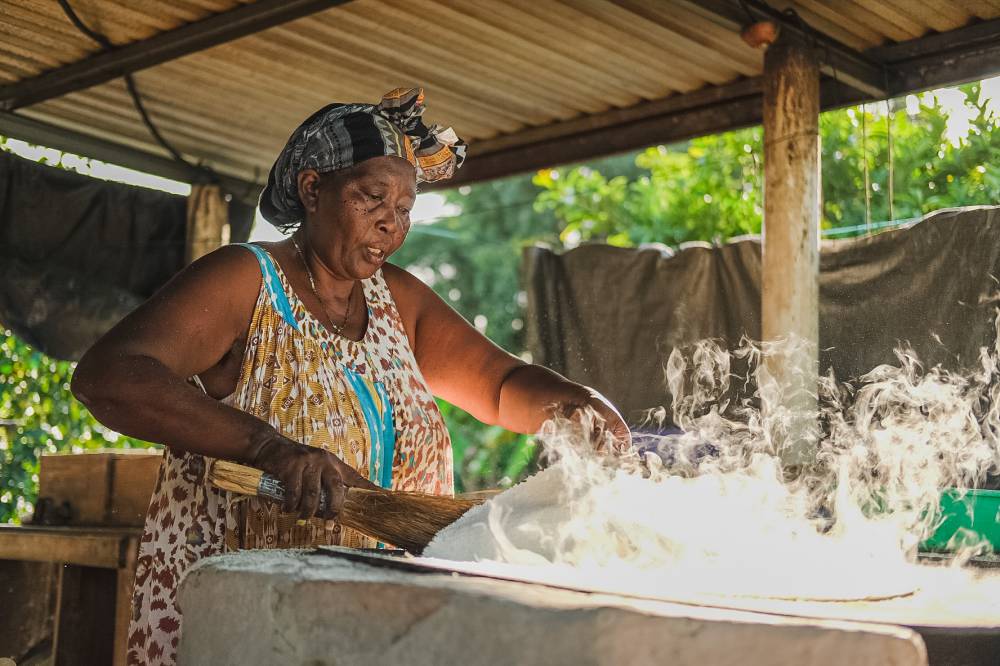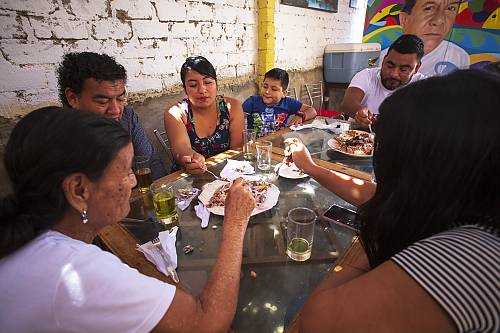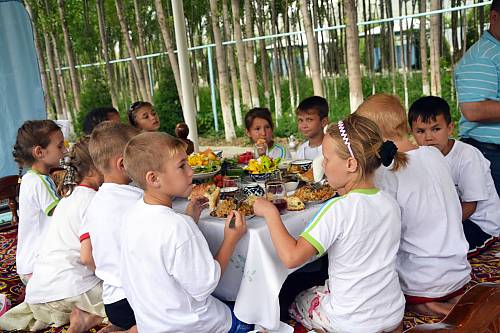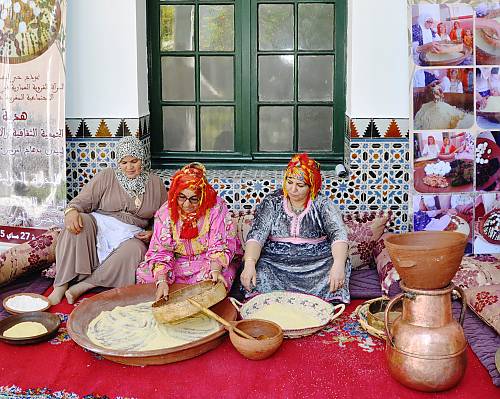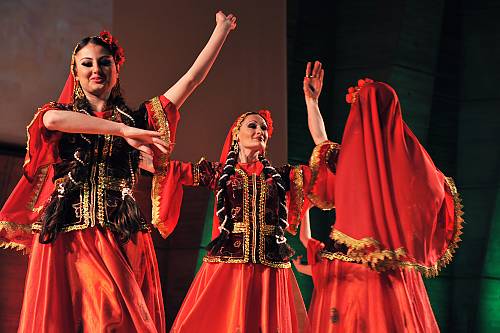From the summer farming practices in Sweden and Norway to the Tomyum Kung soup in Thailand; from the Attiéké production in Côte d’Ivoire to the traditional preparation of Artisan Minas Cheese in Brazil, ten foodways-related elements were inscribed on the Representative List of the Intangible Cultural Heritage of Humanity by the nineteenth session of the Intergovernmental Committee in Asunción, Republic of Paraguay in December 2024. In addition, the inscription of the Arabic coffee, a symbol of generosity was extended to include Jordan.
These new inscriptions to the Intangible Cultural Heritage Lists are significant as they not only enhance the recognition of this living heritage, but they also highlight the profound social, cultural, and communal roles of foodways. The 2024 inscribed foodways-related elements span over 15 countries and include:
- Asturian cider culture in Spain
- Breakfast culture in Malaysia: dining experience in a multi-ethnic society
- Cooking and eating Mulgi puder, traditional mashed potato with barley in the Mulgimaa region in Estonia
- Knowledge, beliefs and practices related to jang making in the Republic of Korea
- Skills related to Attiéké production in Côte d’Ivoire
- Summer farming at fäbod and seter: knowledge, traditions and practices related to the grazing of outlying lands and artisan food production in Norway and Sweden
- Tandir craftsmanship and bread baking in Azerbaijan
- Tomyum Kung in Thailand
- Traditional knowledge and practices for the making and consumption of cassava bread in Cuba, Dominican Republic, Haiti, Honduras and Venezuela (Bolivarian Republic of)
- Traditional ways of making Artisan Minas Cheese in Minas Gerais in Brazil
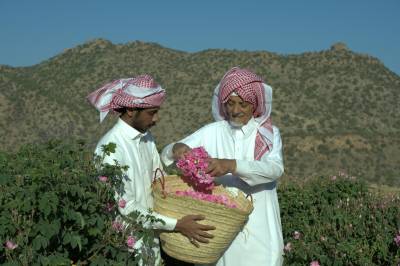
© Talal Ayeel / Heritage Commission, Saudi Arabia, 2022
To further discuss the theme of foodways, the roundtable “Exploring connections – bringing foodways to a global platform” was held on 5 December 2024 during the nineteenth session of the Intergovernmental Committee attended by a hundred participants. This event builds on the insights and outcomes from the project ‘International food atlas and digital platform for safeguarding, promoting, and transmitting foodways to future generations’, generously supported by the Kingdom of Saudi Arabia. Experts and practitioners shared concrete initiatives and experiences from Latin America. Living heritage bearers presented the concept of the apthapi - a symbol of Aymara identity and community in Bolivia - while a traditional fisherman from northern Peru highlighted the importance of safeguarding the practices associated with the preparation of ceviche.
The roundtable also fostered a global dialogue by integrating perspectives from other regions.
- Related news: Exploring opportunities for safeguarding foodways as living heritage through digital technologies
- Learn more on the UNESCO Programme on Cultural and Digital Technologies
Project:
-
International Food Atlas and Digital Platform for safeguarding, promoting and transmitting foodways to future generations (1 June 2023 – 31 December 2026)
